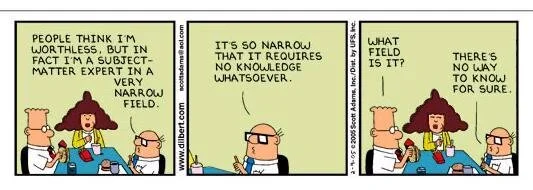
“The more your problem is unique…
The more you need breakthrough innovation…
The more you should look outside yourself, your field….
Cultivate an Outside Mindset”
- Dave Raley
The problem with expertise.
The problem with expertise is that the more expert you are in any given domain, the more you accumulate knowledge of what works, what doesn’t, how the domain works, the more narrow your field of view becomes.
You don’t have to look far for examples…
But when entire specialties grow up around devotion to a particular tool, the result can be disastrous myopia.
Interventional cardiologists, for example, specialize in treating chest pain by placing stents—a metal tube that pries open blood vessels. It makes a ton of sense: a patient comes in with chest pain, imaging shows a narrowed artery, a stent is placed to open it and preclude a heart attack…
Except, repeatedly, randomized clinical trials that compared stents with more conservative forms of treatment show that…
Read More
...stents for patients with stable chest pain prevent zero heart attacks and extend the lives of patients a grand total of not at all.
The interventional cardiologists are seeing and treating one tiny part of a complicated system; the cardiovascular system isn’t a kitchen sink, and it turns out that treating one blocked pipe often doesn’t help. Plus, about one in fifty patients who get a stent will suffer a serious complication or die as a result of the implantation procedure.
Despite the bird’s-eye evidence, cardiologists who specialize in using that tool reported that they simply cannot believe that stenting doesn’t work, even when their compensation was not tied to performing the procedure. Being told to stop using stents was like being told to forget you are an interventional cardiologist.
The instinct, often well-meaning, to use interventions that seem logical but that have not been shown to help may explain the finding of a 2015 study: patients with heart failure or cardiac arrest were less likely to die if they were admitted during a national cardiology conference, when thousands of top cardiologists were away.
Excerpt from Range by David Epstein (pp. 265-266)
The antidote to narrow expertise is cultivating an Outside Mindset.
Inspiration for cultivating an Outside Mindset
-
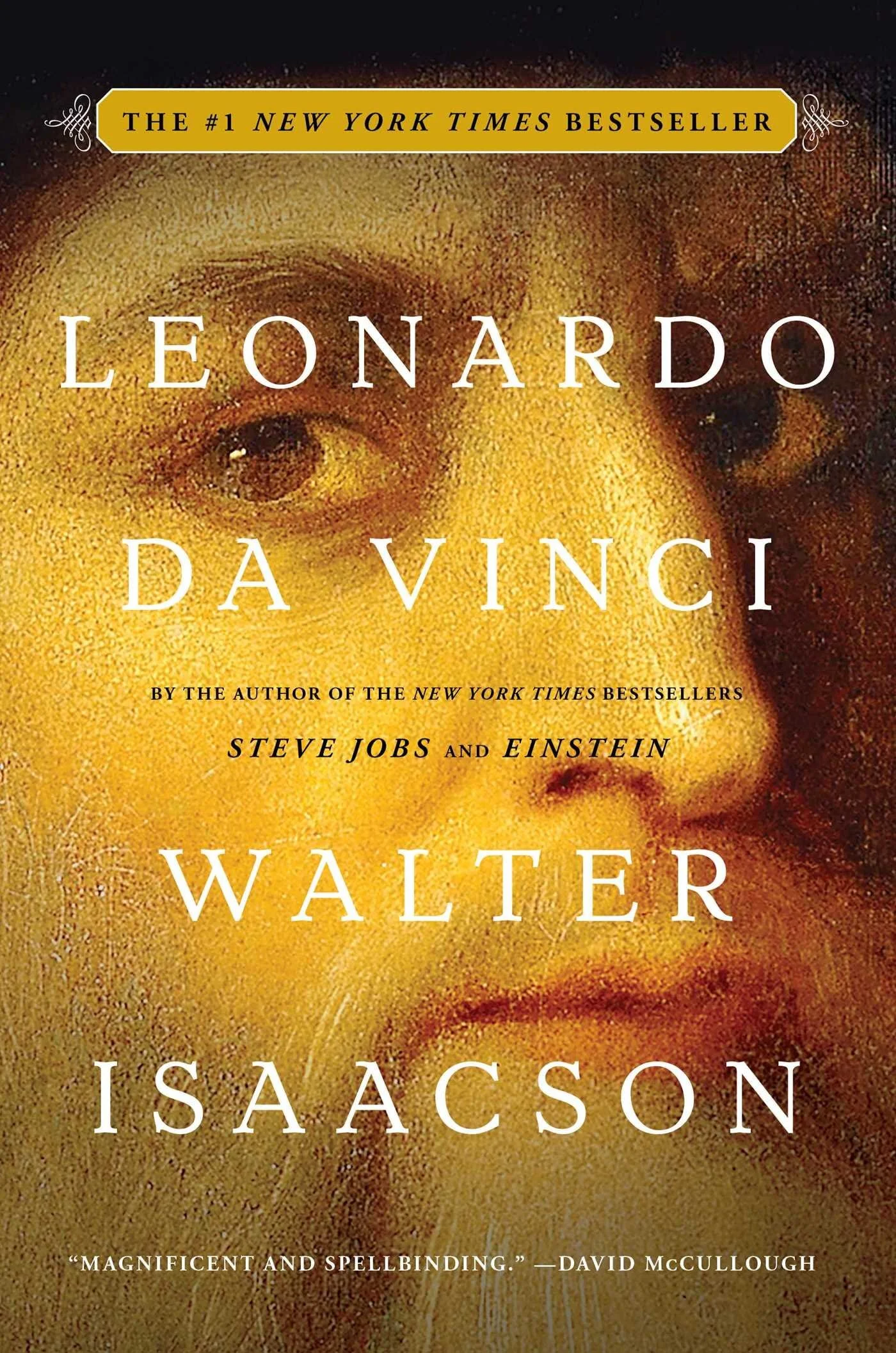
Leonardo da Vinci by Walter Isaacson
This biography of Leonardo da Vinci helps to shed light on how the famed Rennaisance man combined a keen sense of observation of the world around him, with a powerful imagination to consider what could be.
-
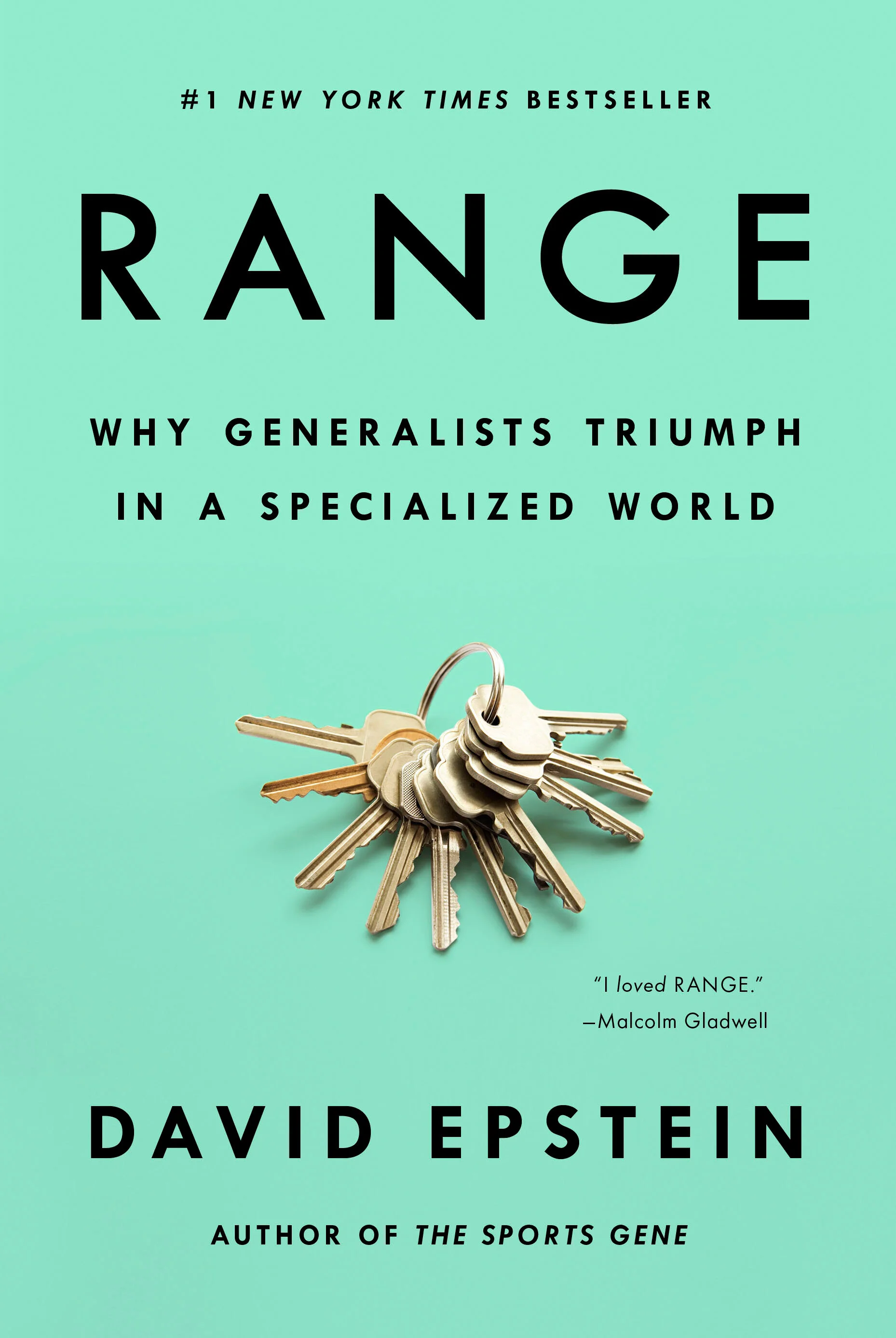
Range by David Epstein
Epstein questions the notion that anyone who wants to develop a skill, play an instrument, or lead their field should start early, focus intensely, and rack up as many hours of deliberate practice as possible.
-
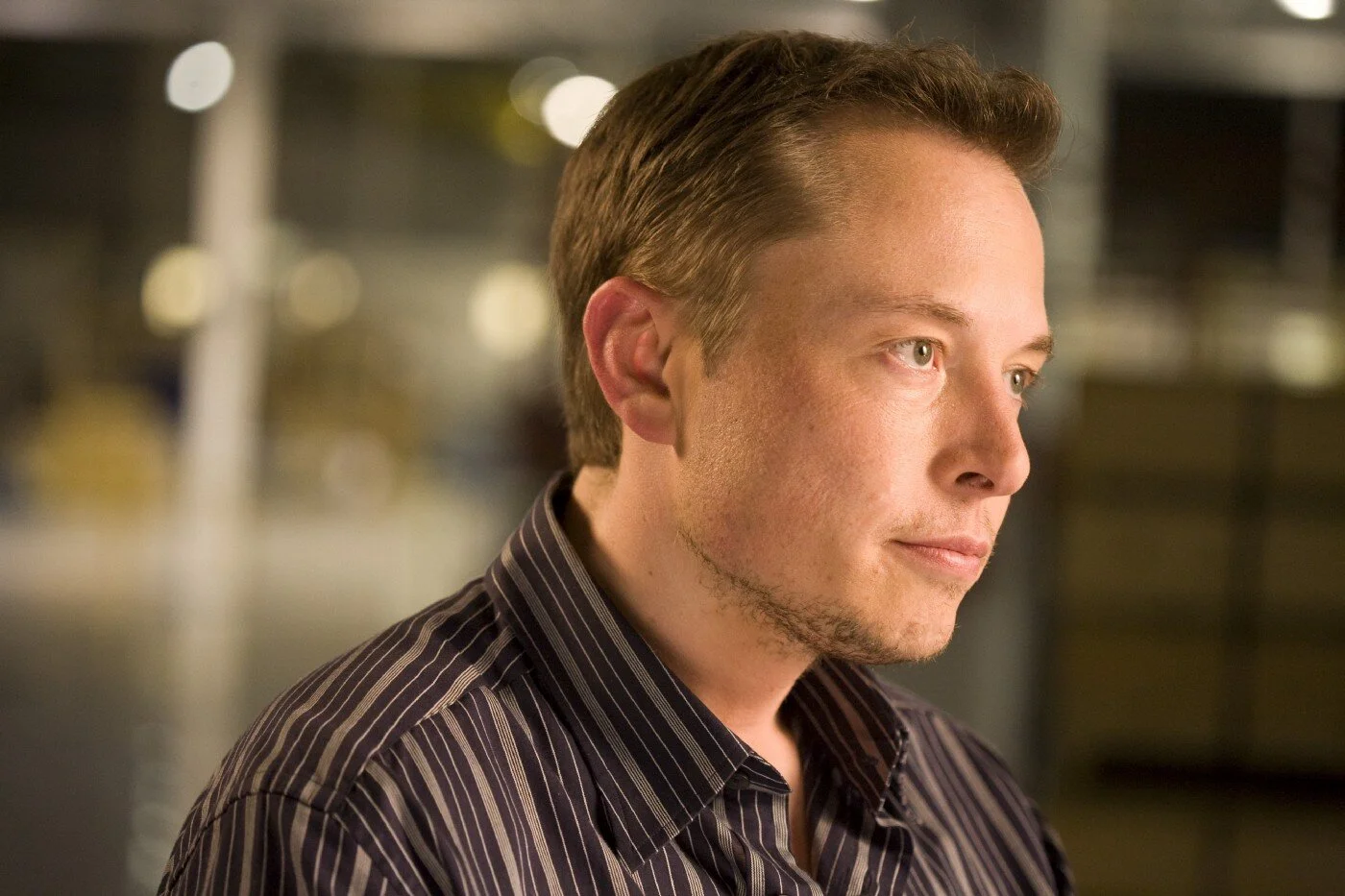
Michael Simmons on Modern Polymaths
“People Who Have ‘Too Many Interests’ Are More Likely To Be Successful According To Research.” Simons makes a compelling case for why nearly everyone should become a polymath in a modern knowledge economy.
-
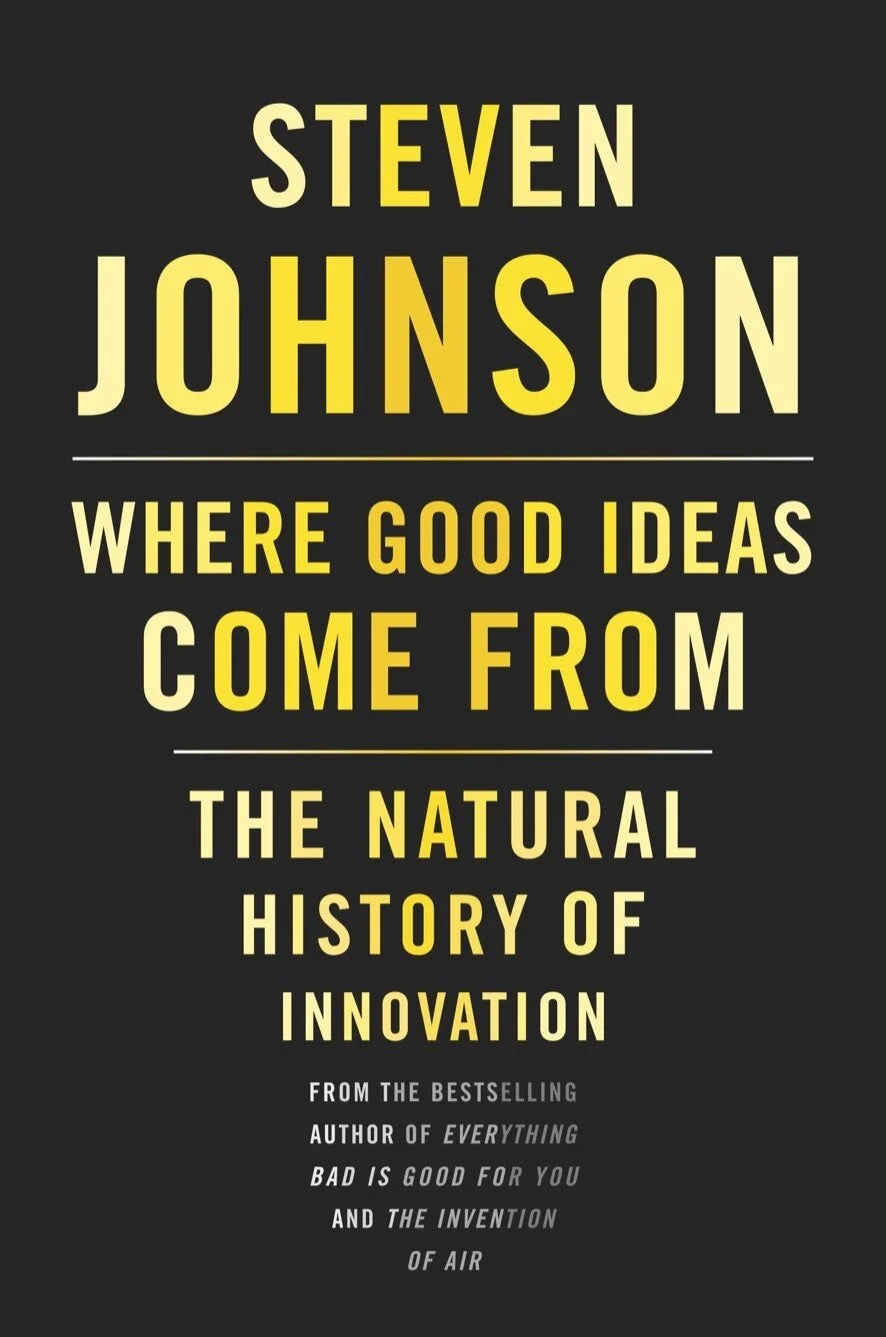
Where Good Ideas Come From by Steven Johnson
Both fascinating and practical, Steven Johnson studies where great ideas come from, and identifies seven key patterns behind genuine innovation.
-
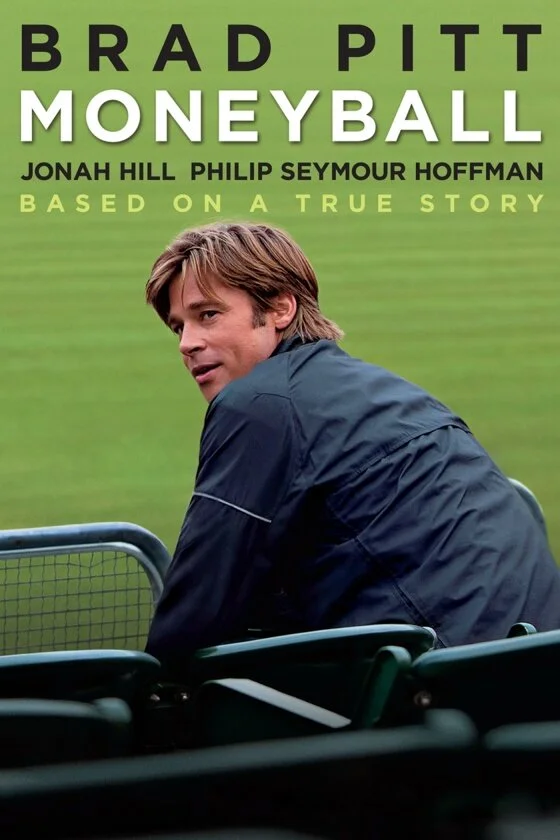
Moneyball with Brad Pitt
If there ever was a field that relied on conventional wisdom and tradition, it’s baseball. Based on a true story, the lessons here for innovation are packaged in an entertaining tale of how new approaches from outside one’s field can revolutionize the field (pun intended!).
-
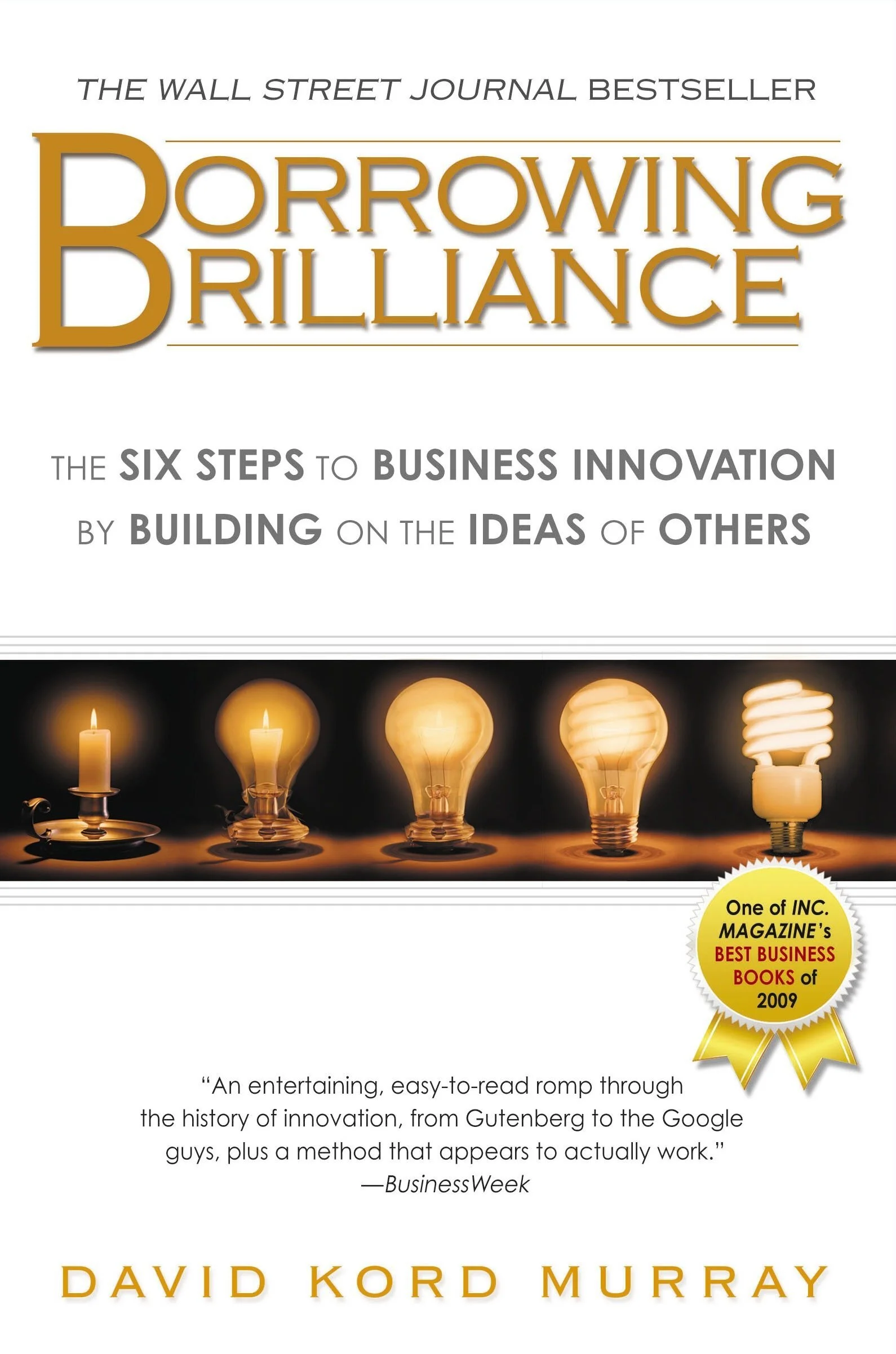
Borrowing Brilliance by David Kord Murray
In some ways complementary to Where Good Ideas Come From, in other ways contradictory, Borrowing Brilliance fleshes out another, highly practical side to innovation by building on ideas.


